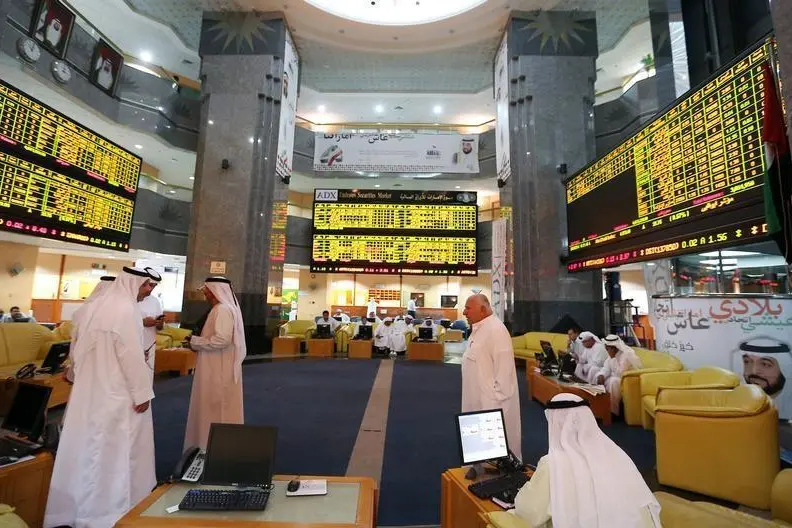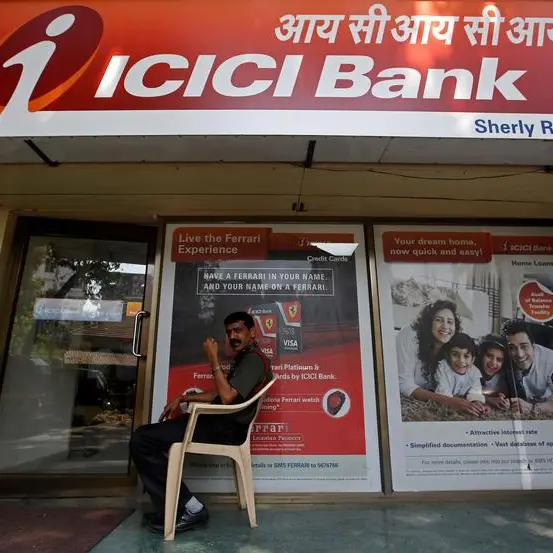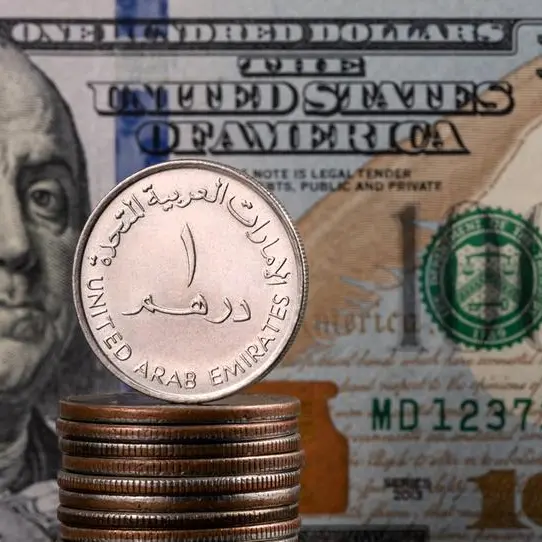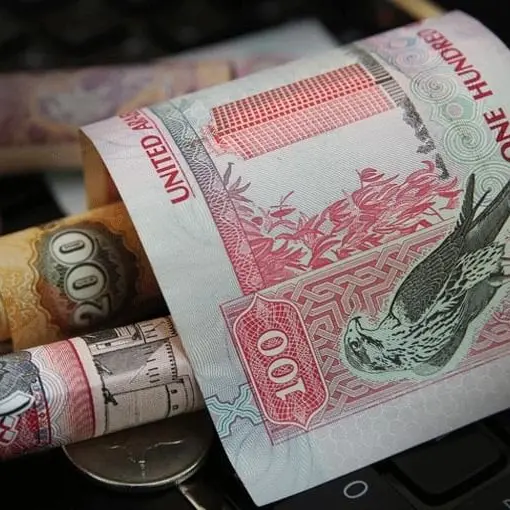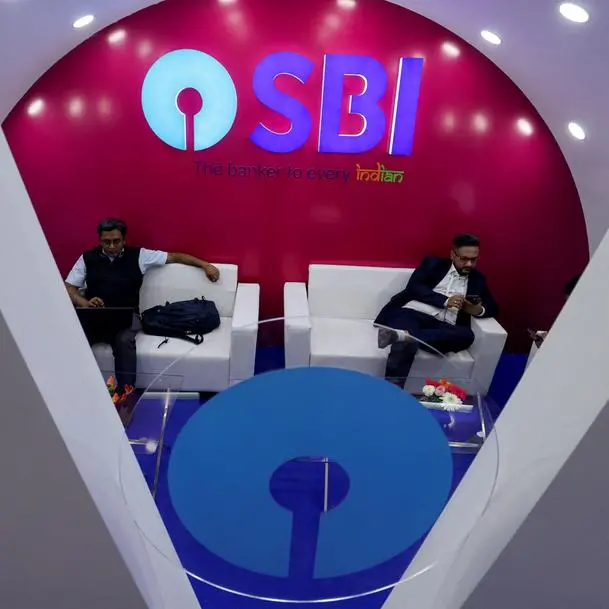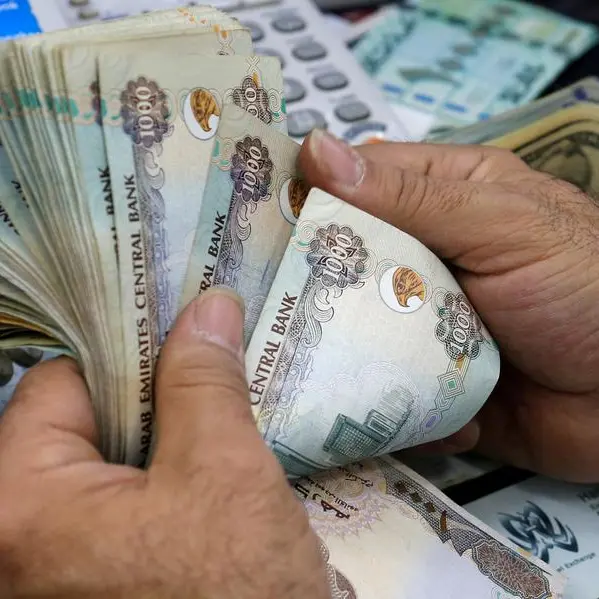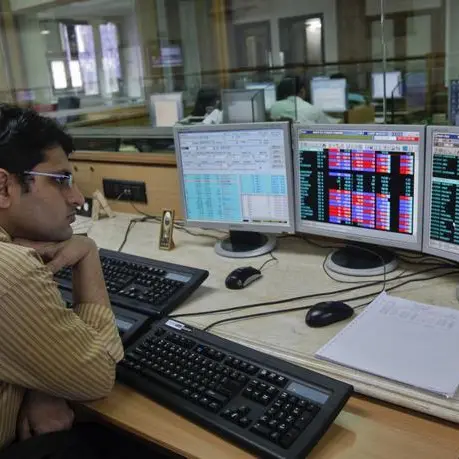PHOTO
DUBAI - Debt issuers in the Gulf are rushing back to markets during a typically slow period during the Muslim fasting month of Ramadan as they take advantage of lower yields and a range of market dynamics that favour them, fund managers and sources said.
The oil-rich region is benefiting from high oil prices, making it a bright spot for equity investors too.
"I think Middle East issuers who had borrowing plans are thinking this is a window of lower rates which they can take advantage of," said Tim Ash, a strategist at London-based BlueBay Asset Management.
Markets have calmed considerably after they were gripped last month by the fallout from the collapse of two mid-size U.S. banks and the Swiss government-orchestrated acquisition of Credit Suisse by rival UBS, which sent investors fleeing to safety.
"GCC (Gulf Cooperation Council) issuers are taking advantage of a favourable market climate and front loading their borrowing requirement to avoid the possibility of having to raise funding later in the year when the market environment might become more volatile," said Faisal Ali, senior portfolio manager at Azimut.
Despite Gulf debt being overvalued compared to global emerging-market peers, it is overall less volatile "so a good place to hide," said Abdul Kadir Hussain, head of fixed income asset management at Dubai-based Arqaam Capital.
The UAE federal government, Abu Dhabi and its second-biggest sovereign wealth fund Mubadala are all considering issuing green bonds, sources familiar with the matter said. The UAE is also planning a sukuk sale, two sources said.
The UAE finance ministry did not respond to an emailed request for comment. Abu Dhabi's Department of Finance declined to comment. A Mubadala spokesman said nothing was specifically planned and added that the fund considers various funding types.
"Green bonds are another instrument we are contemplating and if advantageous to Mubadala, we will use it as part of our basket," the spokesman said.
Interest in issuing sustainability-linked debt in the region has grown as the UAE gears up to host the COP28 climate summit near the end of the year.
ADNOC is considering reviving bond plans after a roadshow early last year, Reuters reported on Wednesday. Al-Jaber is also the head of renewable energy firm Masdar, which is planning green bonds this year.
Bahrain raised $2 billion on Thursday with Islamic and conventional bonds. On Monday, Saudi Electricity Co SJSC raised $2 billion via sukuk, which followed a debut dollar Islamic bonds sale by Al Rajhi Bank last week that raised $1 billion.
Sukuk are considered an attractive option, often allowing issuers to price tighter as demand for them has long outstripped supply.
The Saudi government followed regional banks to kick off the region's issuance this year with a $10 billion haul in January. Its sovereign Public Investment Fund raised $5.5 billion with green bonds the following month.
(Reporting by Yousef Saba; Editing by Christopher Cushing)
